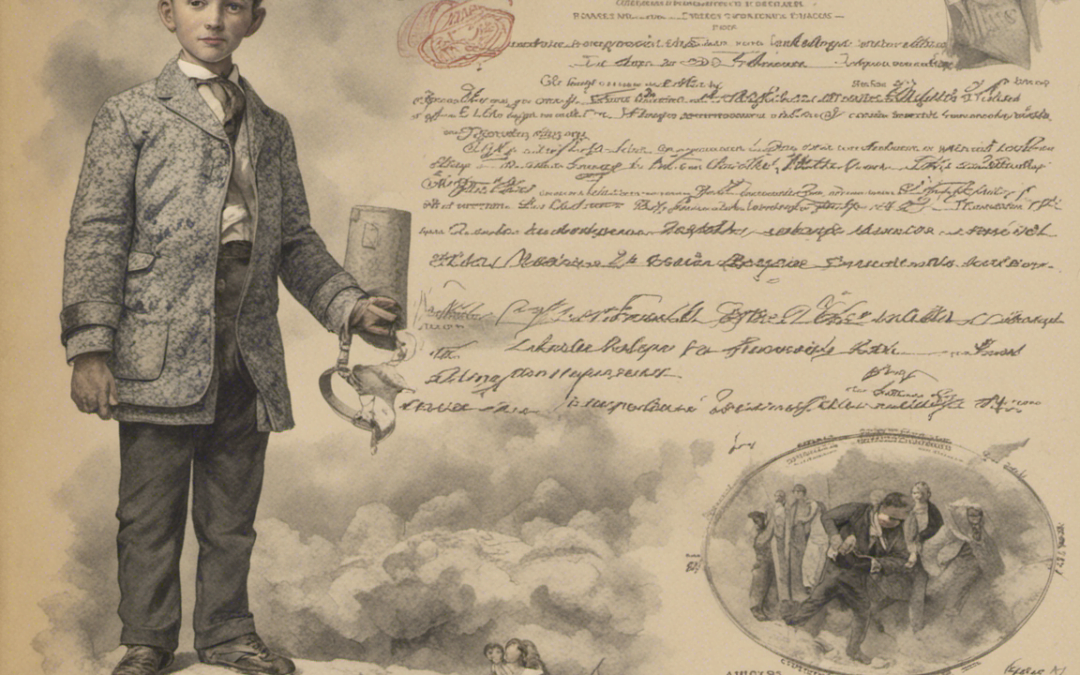While birthright citizenship provides automatic rights and privileges to individuals born within a nation’s borders, asylum allows for temporary or permanent residency for those seeking protection from persecution in their home countries. The delicate balance between birthright citizenship and asylum lies at the heart of many debates surrounding immigration policy worldwide.
The concept of birthright citizenship, whereby anyone born on American soil becomes an automatic citizen, has long been a contentious issue in the United States. In recent years, the call to abolish this practice has gained momentum, and for good reason. Birthright citizenship allows for significant abuse of the system, with people traveling to the US solely to give birth and secure citizenship for their children. This loophole not only undermines the integrity of our immigration system but also places an unfair burden on taxpayers who end up footing the bill for healthcare and education for non-citizens. Furthermore, the United States is one of only a handful of developed countries that grants unconditional birthright citizenship, creating an anomaly in international law. By removing this outdated policy and adopting a more sensible approach focusing on merit-based immigration, America can better control its borders while preserving the sanctity of citizenship.
Birthright citizenship, as outlined in the 14th Amendment of the United States Constitution, was originally intended to grant citizenship to former slaves and their descendants. It was a significant milestone in the struggle for equal rights during Reconstruction following the Civil War. The amendment specifically states that “all persons born or naturalized in the United States, and subject to the jurisdiction thereof, are citizens of the United States and of the state wherein they reside.” This constitutional provision aimed at eradicating any remaining vestiges of slavery by guaranteeing citizenship to those who were previously denied this fundamental right. By granting birthright citizenship to former slaves and their children, it sought to establish their place within American society and ensure that they could fully participate in civic life with all associated rights and privileges.
Although this interpretation of birthright citizenship has been widely accepted over time, controversies continue regarding its application today, often centering around immigration-related issues. However, it is crucial to understand that its original intent was firmly rooted in redressing historical injustices inflicted upon enslaved individuals and securing their rightful place as citizens within the nation.
Asylum seekers coming to America are bound by a legal principle known as ‘first safe country of asylum,’ which requires them to seek protection in the first country they enter that can offer adequate safety and respect for their fundamental human rights. This principle is enshrined in international law, including the 1951 Refugee Convention and its 1967 Protocol, both ratified by the United States. The rationale behind this requirement is to promote burden-sharing among nations and prevent ‘asylum shopping’, where individuals select their preferred destination based on factors unrelated to safety or persecution.
By relying on the first safe country principle, asylum seekers are encouraged to seek refuge from persecution as close to their country of origin as possible, allowing them easier access to familiar cultures, languages, and potential opportunities for repatriation once conditions improve. However, it is essential that receiving countries uphold high standards of protection for asylum seekers and collaborate with others to ensure comprehensive support systems are in place for those who genuinely face danger in their home countries.

Recent Comments